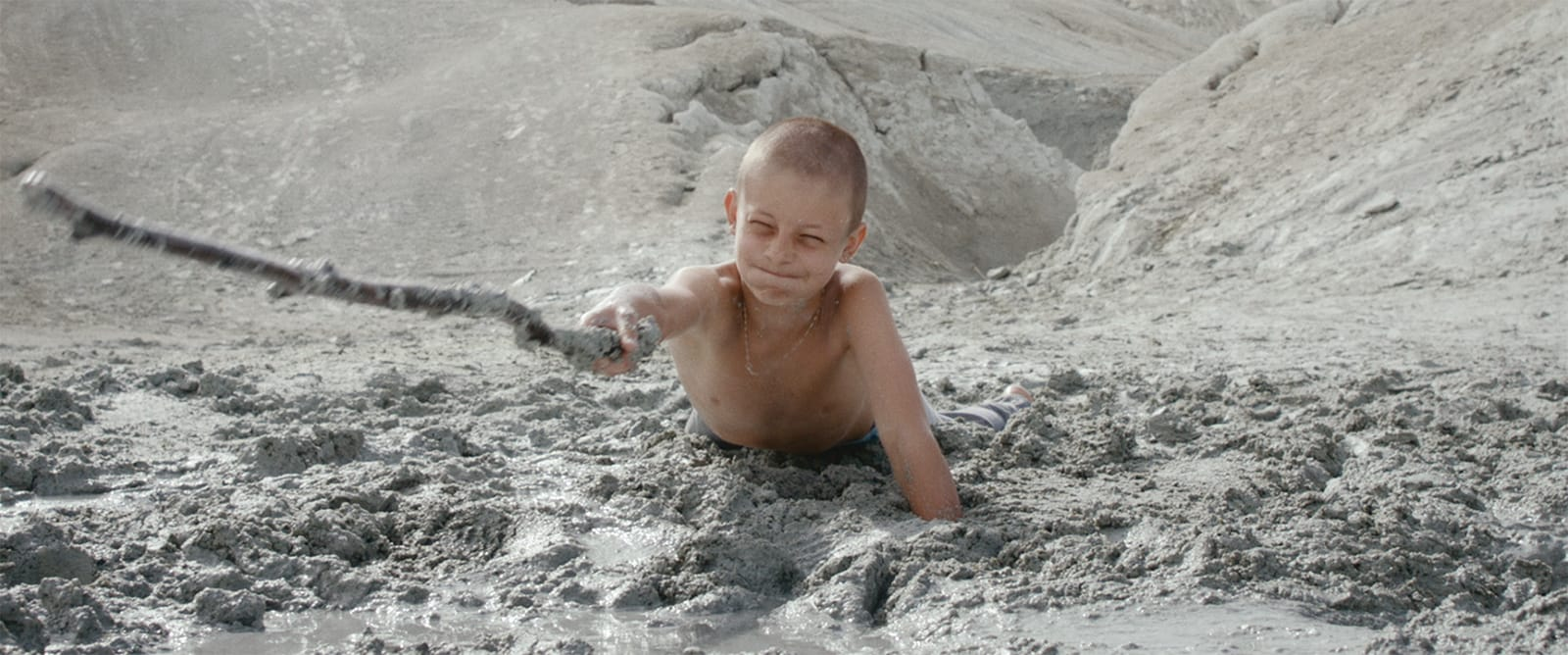RELATED ARTICLE
Inside Katarzyna Gondek’s Grown-Up Fairy Tales
Seeing Double with Australian Filmmaker Lucy Knox
The Criterion Collection

It’s unlikely that anyone who pays attention to contemporary short films will be unfamiliar with our selection this week on the Criterion Channel, which took the film-festival circuit by storm last year, garnering dozens of awards and an Oscar nomination. While the tastes of programmers, audiences, and the Academy don’t always perfectly align, Jérémy Comte’s Fauve received practically unanimous acclaim—and rightfully so. Shot in Quebec, the film packs the emotional journey of a feature film into its sixteen-minute running time, following two young boys as they roam the countryside unsupervised and engage in increasingly dangerous games of bravado and macho one-upmanship. But to tell you much more about what happens in it would detract from the white-knuckle experience of watching it for the first time. On the occasion of the film coming to the Criterion Channel, where it’s paired with Henri-Georges Clouzot’s similarly heart-stopping The Wages of Fear, I spoke with Jérémy about the production and reception of the film and what he set out to explore in it.
I honestly think I had one of the most extreme responses I’ve ever had to a short film while watching Fauve. I was literally covering my eyes and gasping in horror. Can you talk a little about what you wanted to achieve and how the idea came to you?
The inspiration came from nightmares I had as a little boy. I was imagining myself sinking in quicksand and experiencing a strong visceral, claustrophobic reaction. Also, growing up in the countryside, I was surrounded by nature, and I used to take long walks in the woods with my best friend, and we loved to pull pranks on each other. I guess it’s a combination of those two elements that created Fauve, my childhood faded into a visceral dream putting toxic masculinity forward.
Tell us about casting the two leads, both of whom are nonprofessional actors. How did you approach working with them, and how did that affect the development of the story and the script?
I started auditioning young actors in Montreal, but I quickly realized it wouldn’t work. I wanted kids who were used to playing outdoors, with a rough-around-the-edges kind of energy. So we reached out to many schools around the area where we were shooting and auditioned more than seventy boys in total. Félix [Grenier] and Alexandre [Perreault] had both a natural charisma and a transparency that struck me. When we put them together, a chemistry quickly formed. I did a lot of rehearsals before shooting, where we would explore the locations freely. I improvised with them, shooting some scenes with my iPhone and trying stuff out. I rewrote the story like that, staying close to what the boys would do naturally in the locations. I didn’t give them a script; I told them the lines and we kept repeating them so they could memorize them. They love to tell jokes to each other constantly, so on the shoot, I would do a take with them joking and then we’d do the actual script. In this way, they carried that same energy over into the written dialogue. In the end, we had so much fun and I became a child with them.

